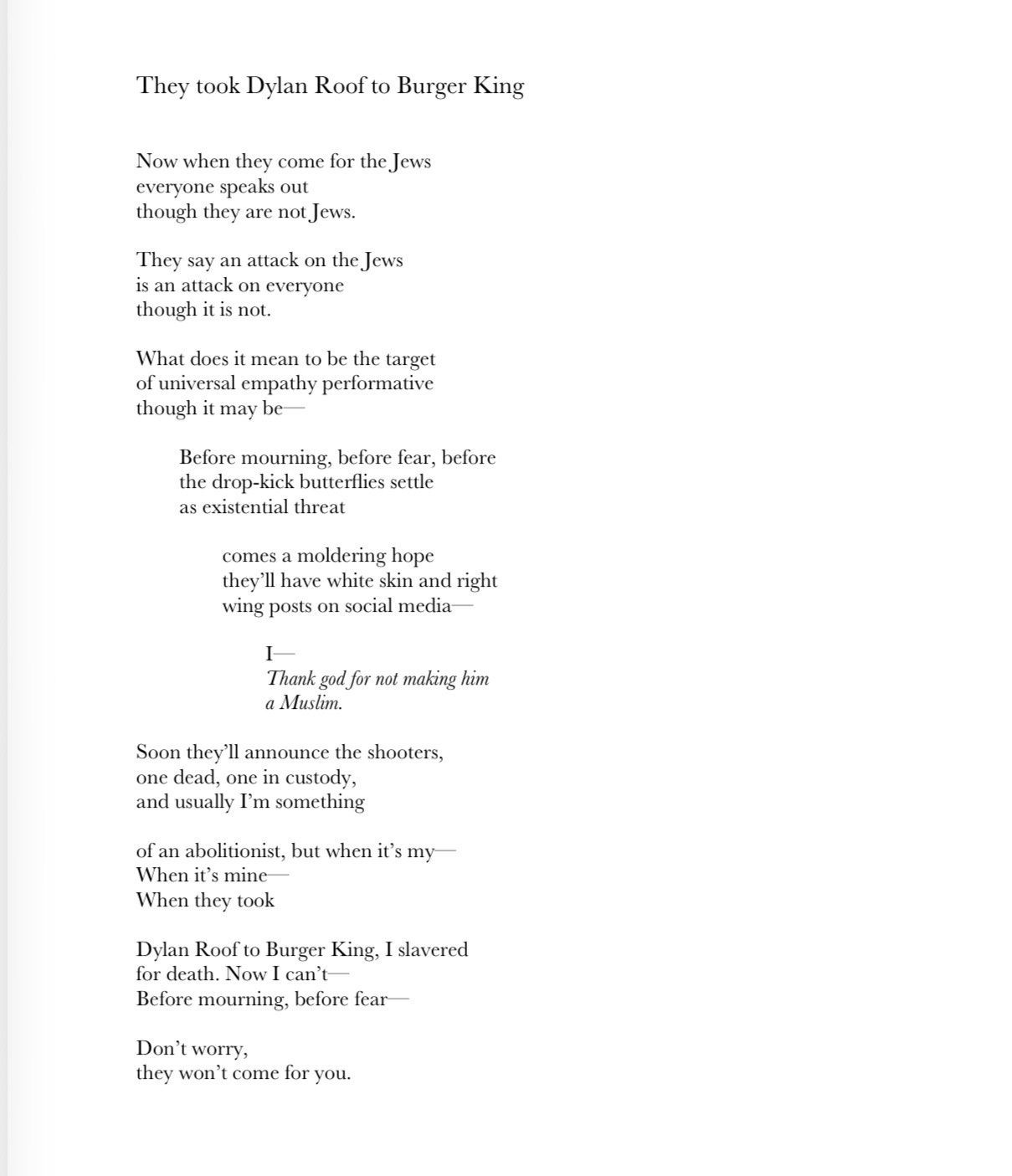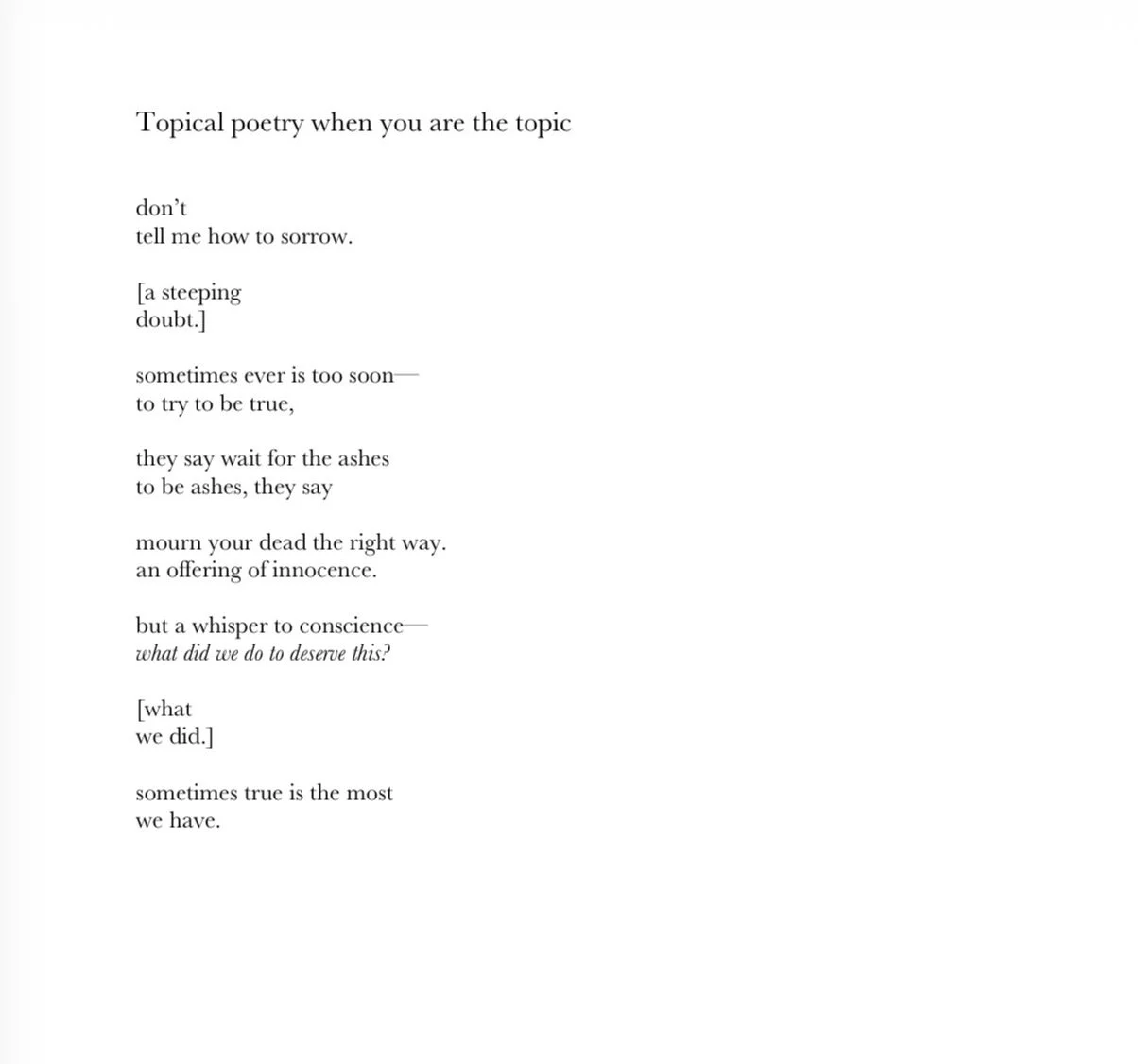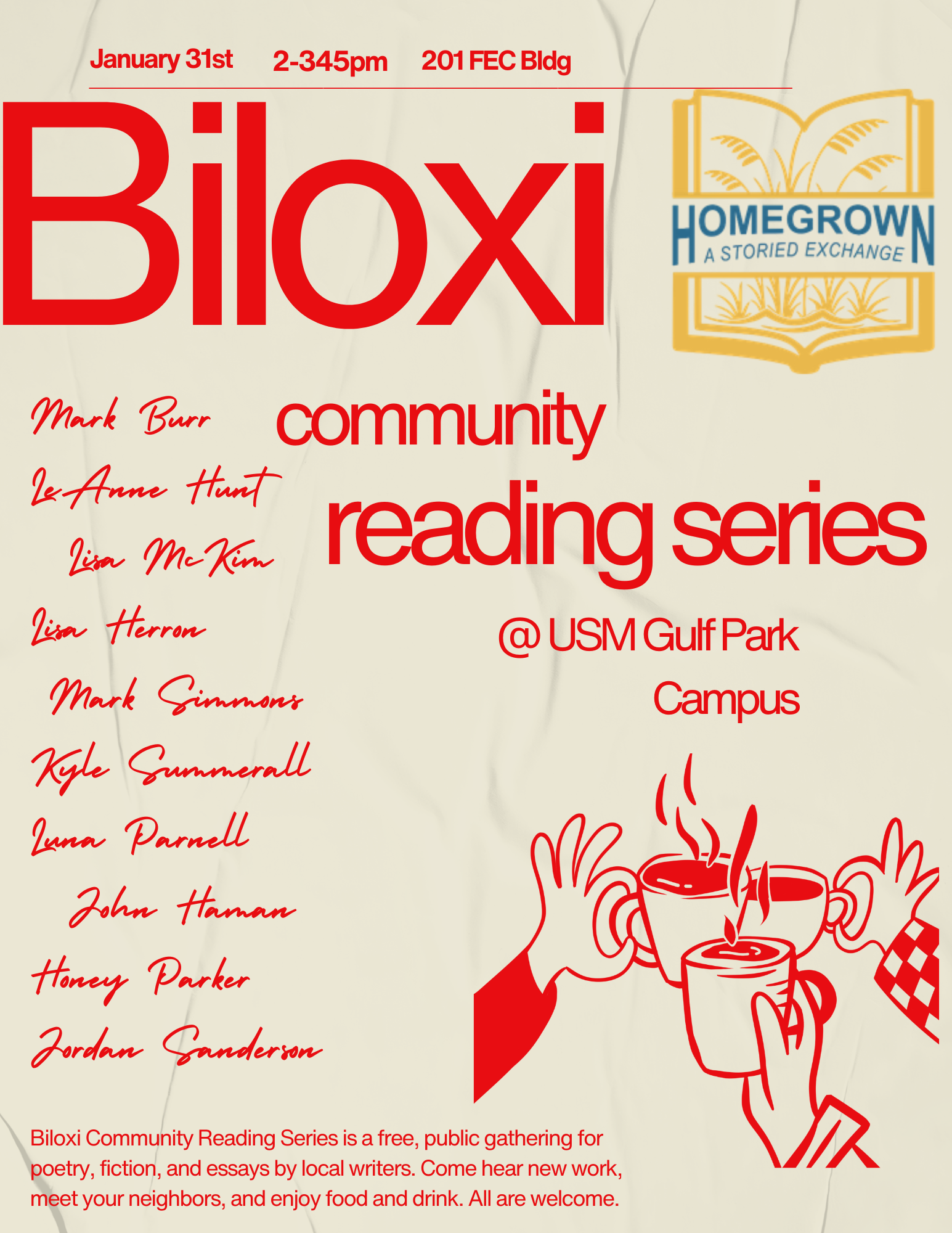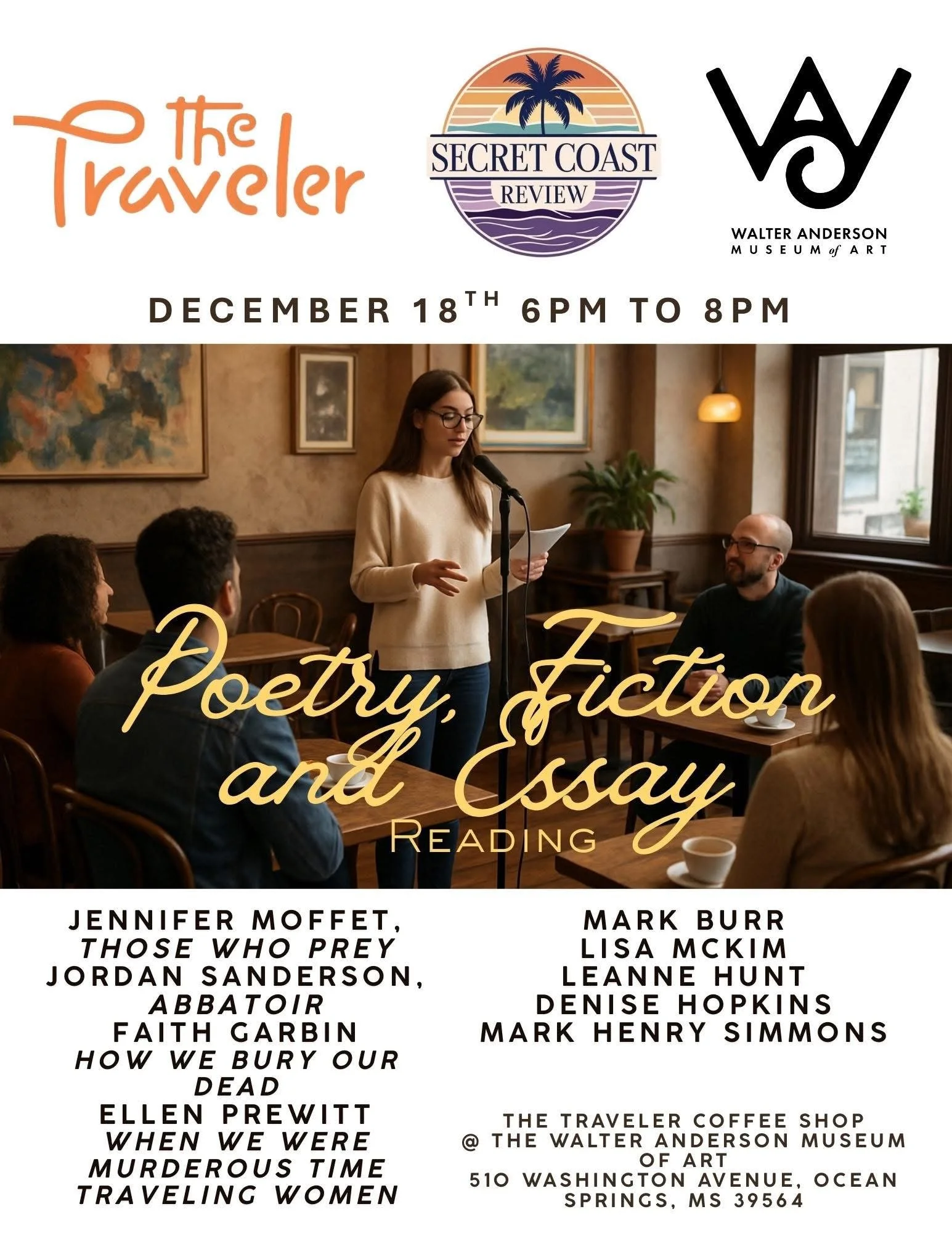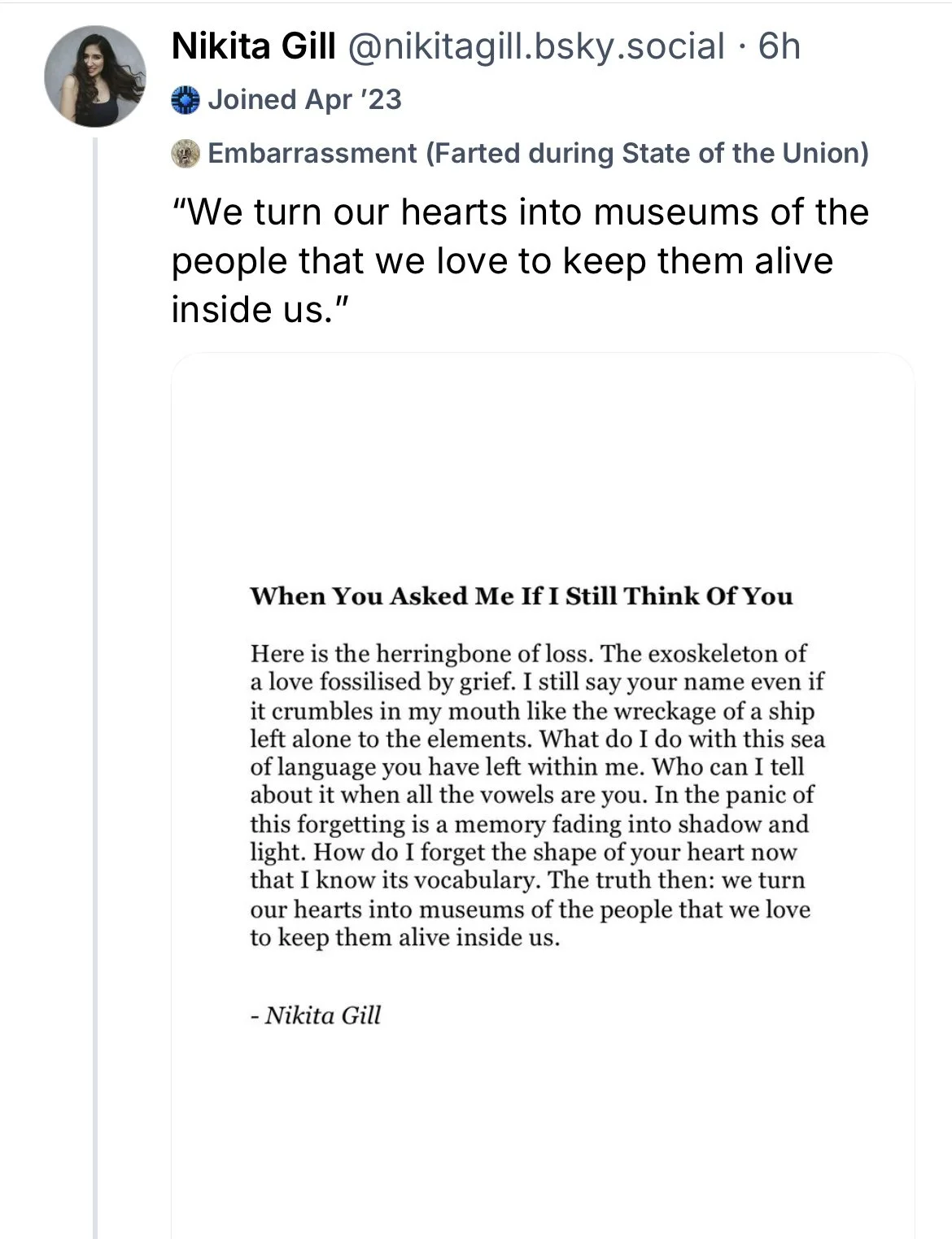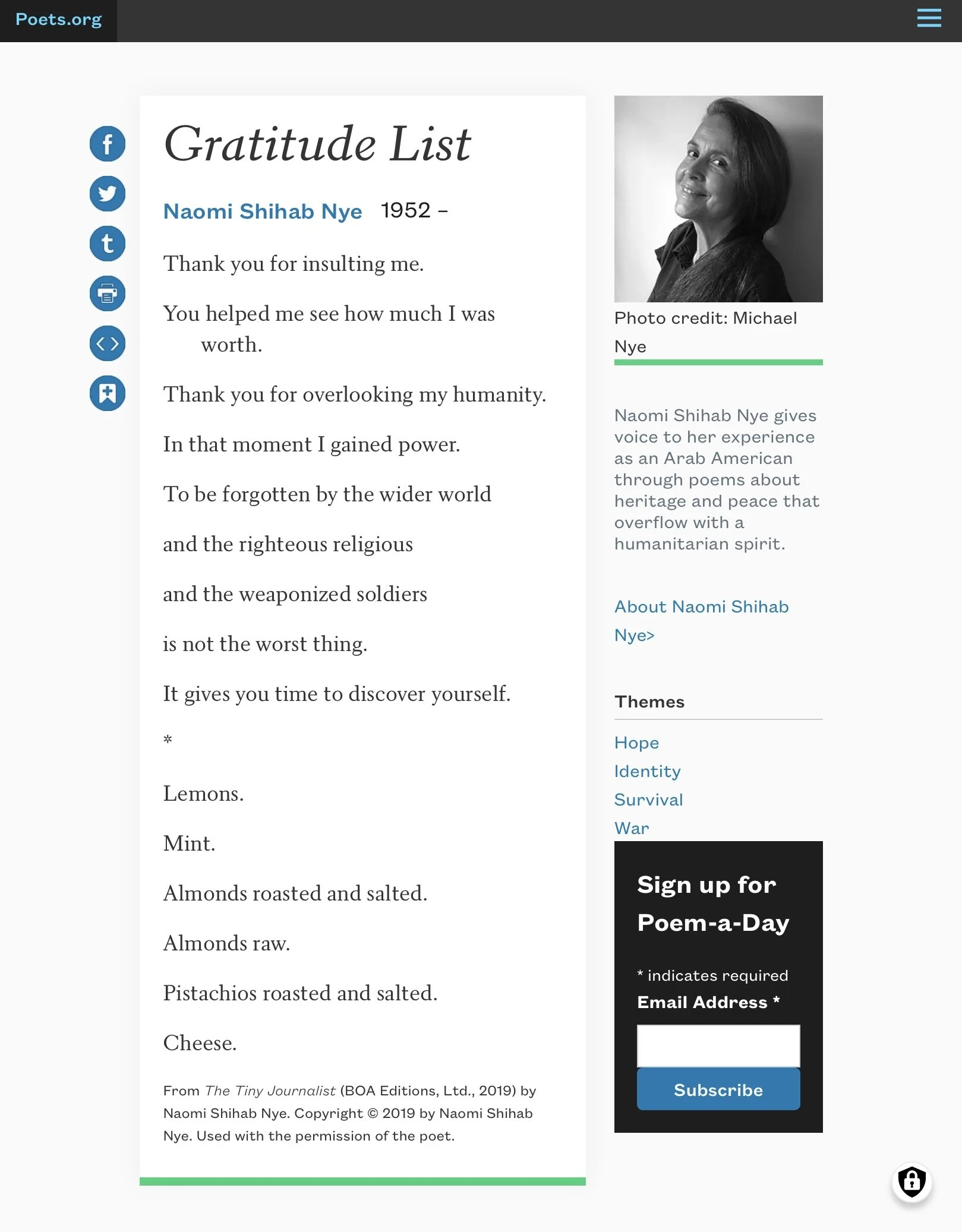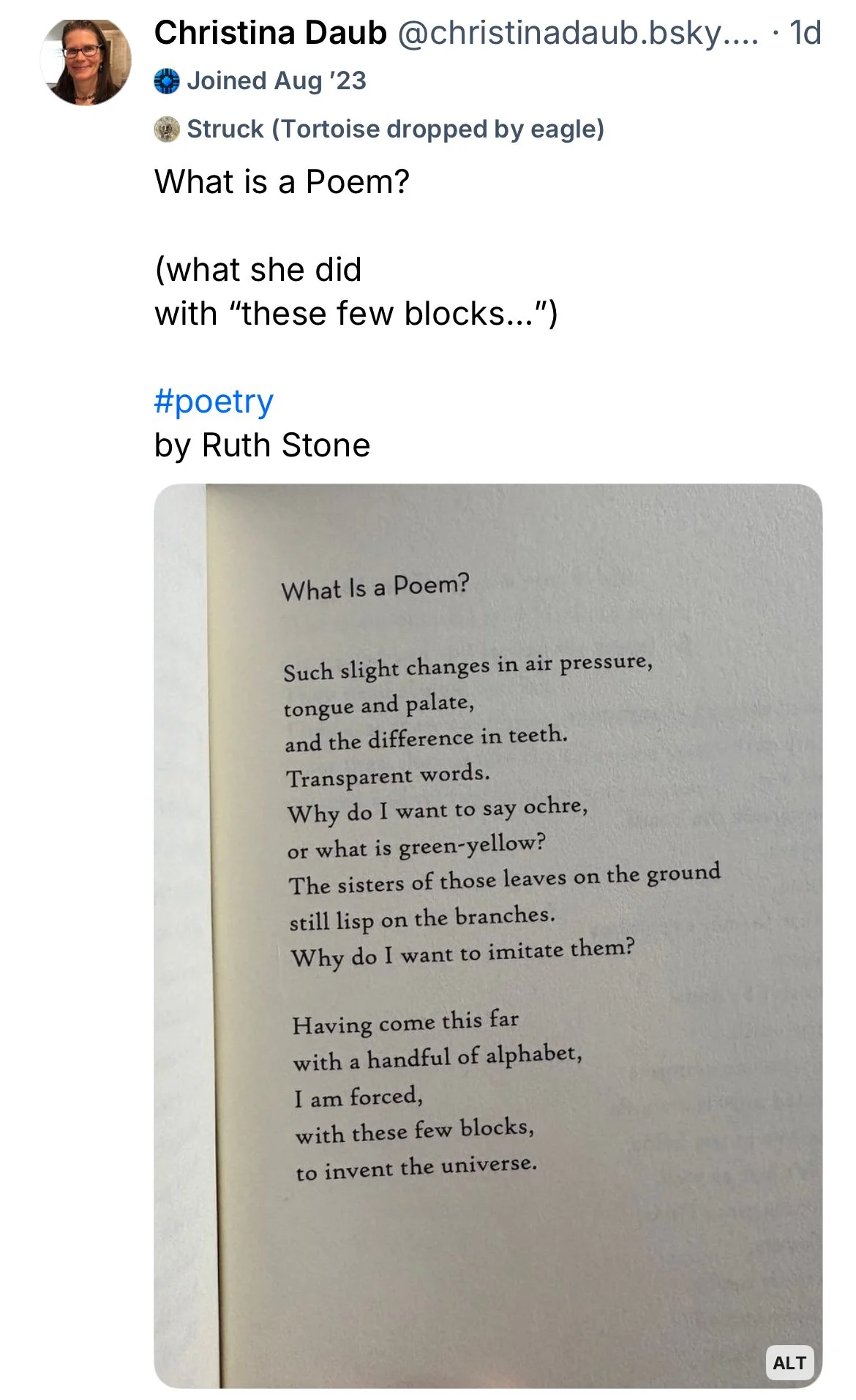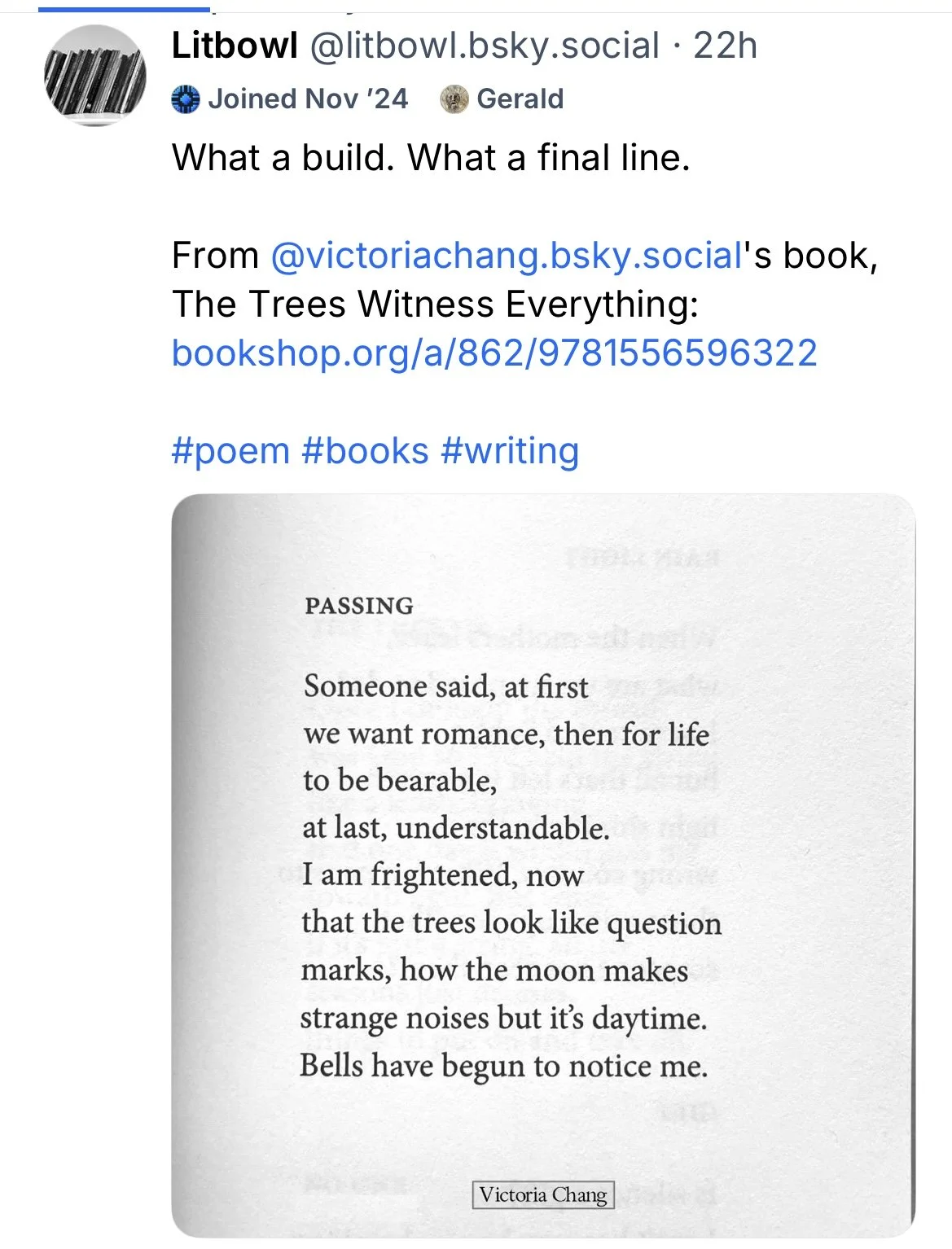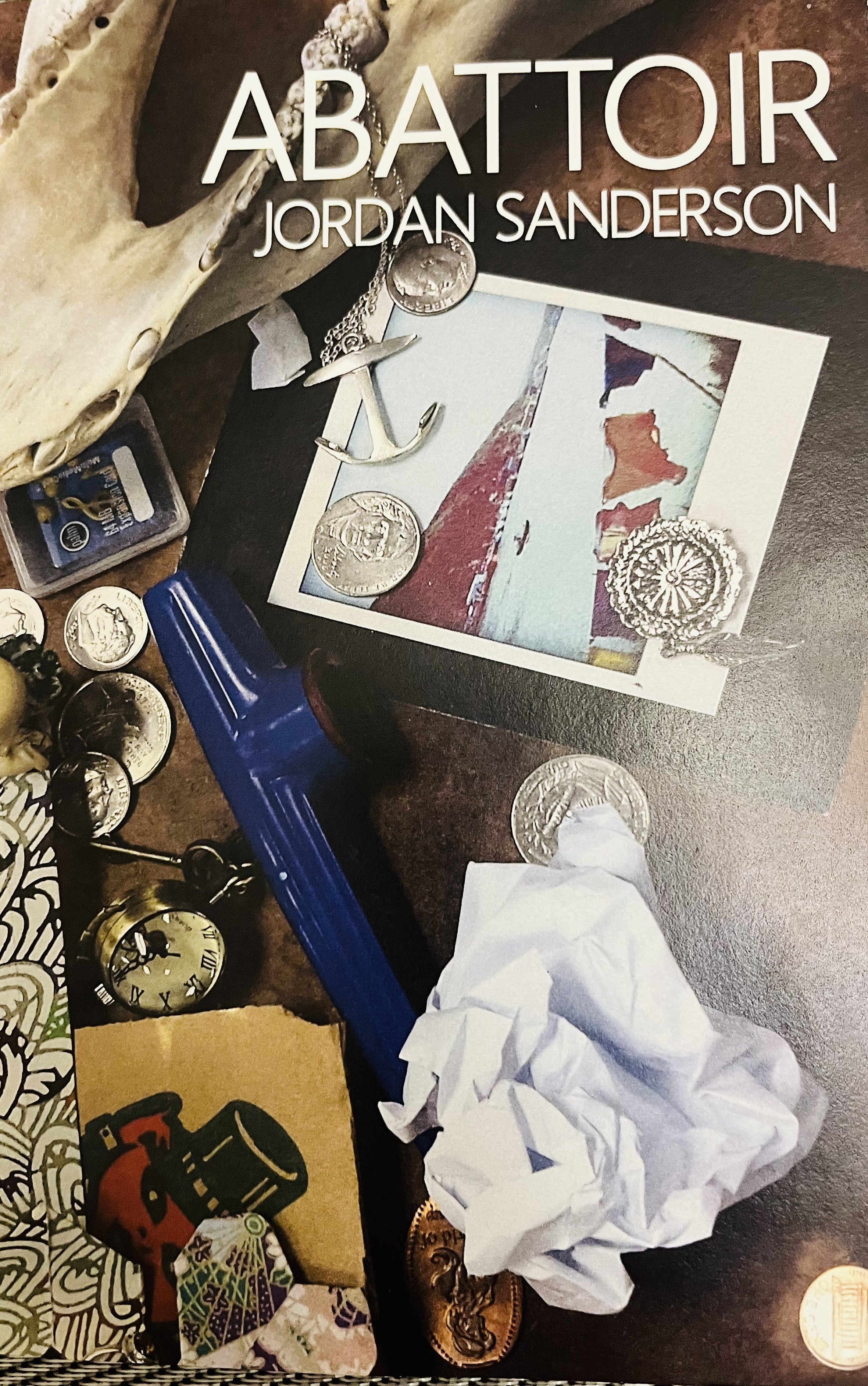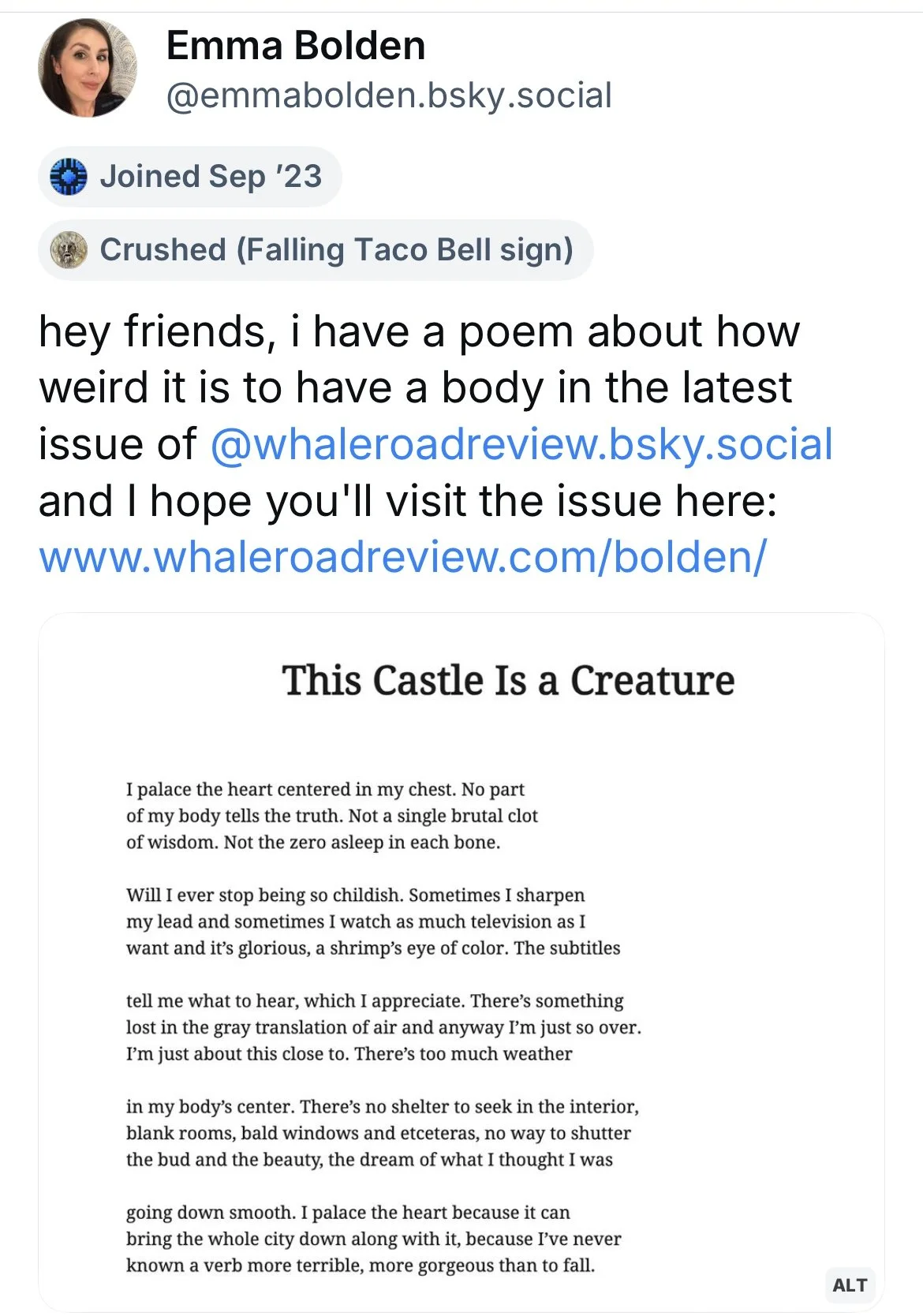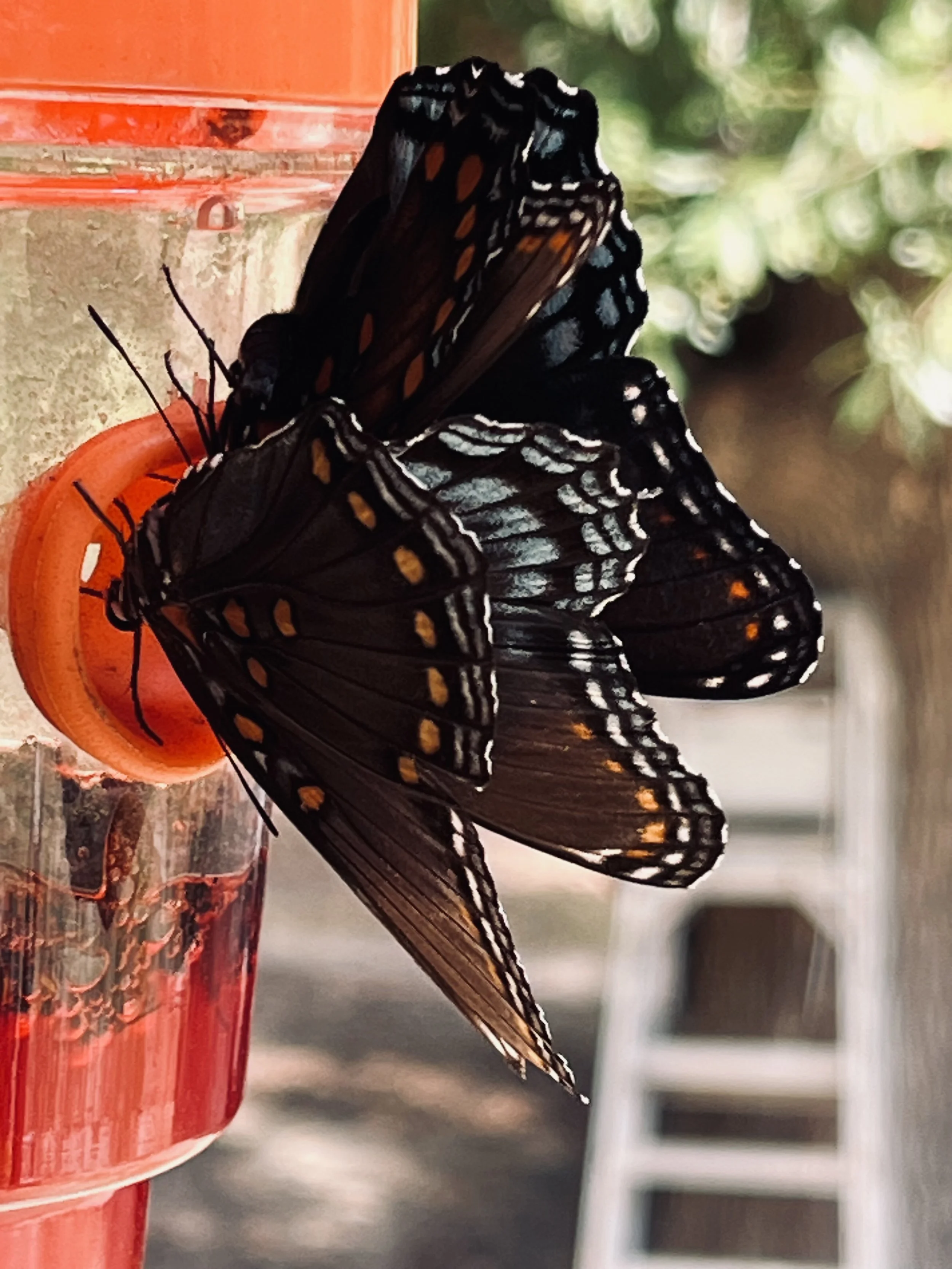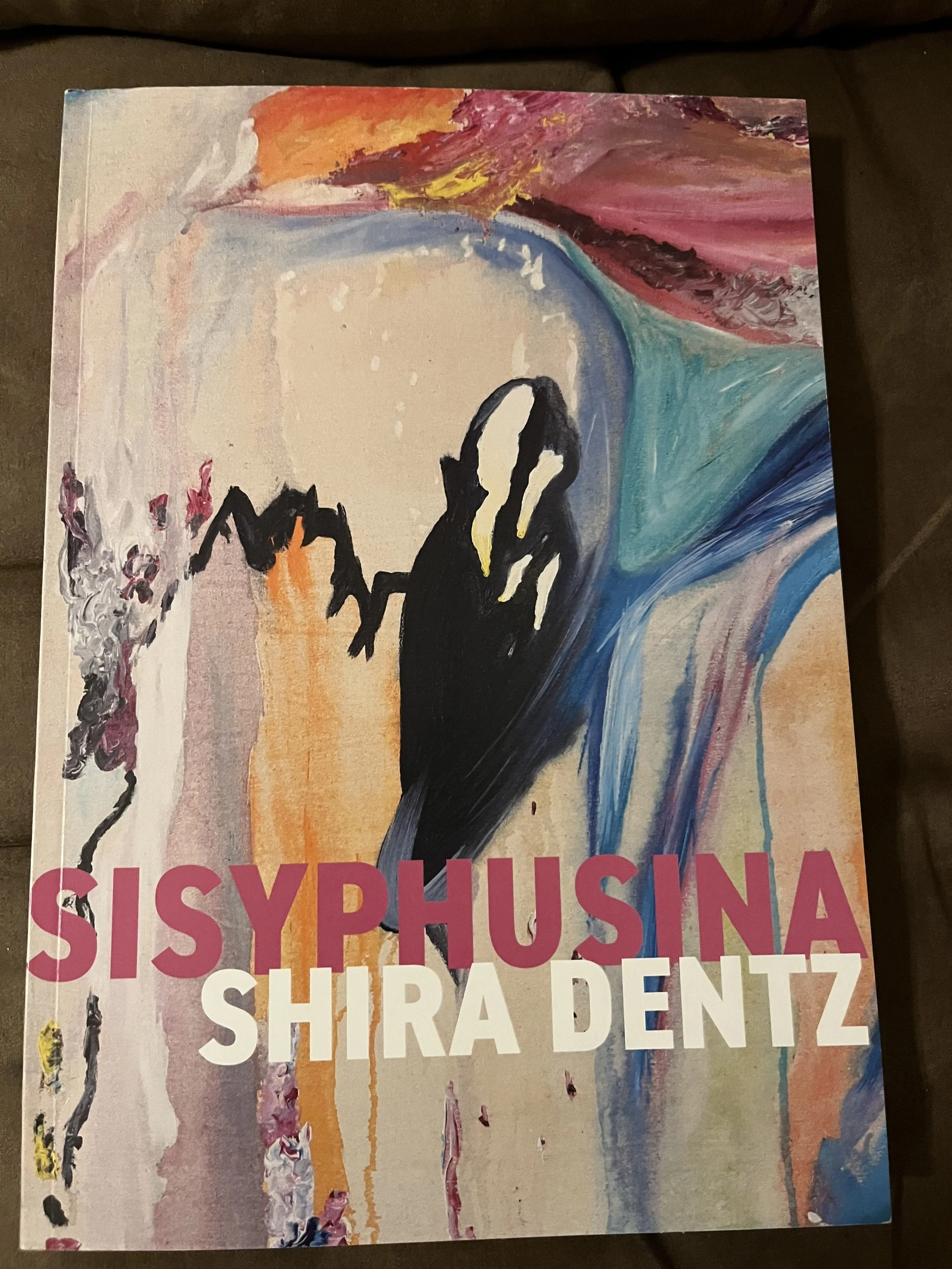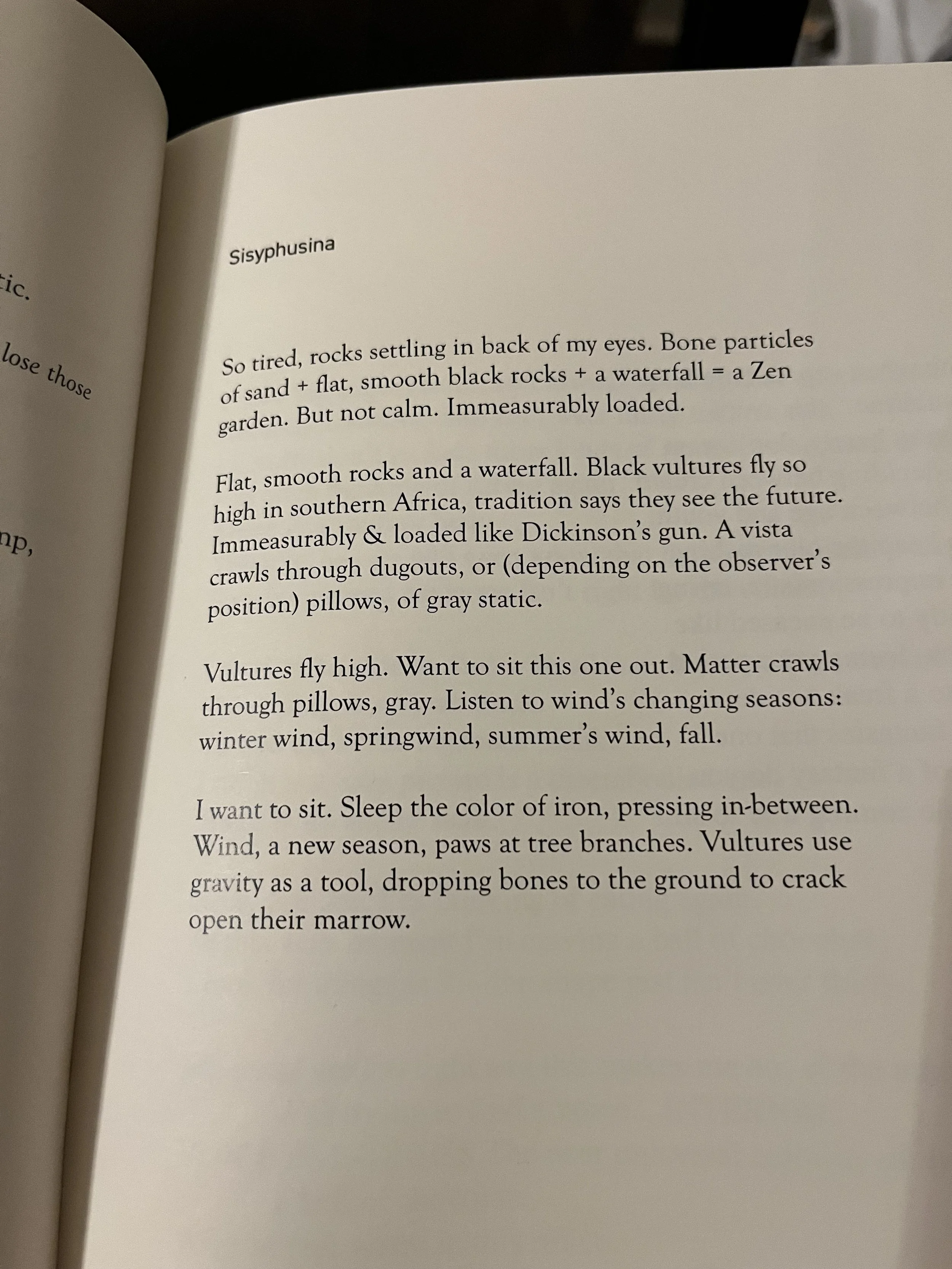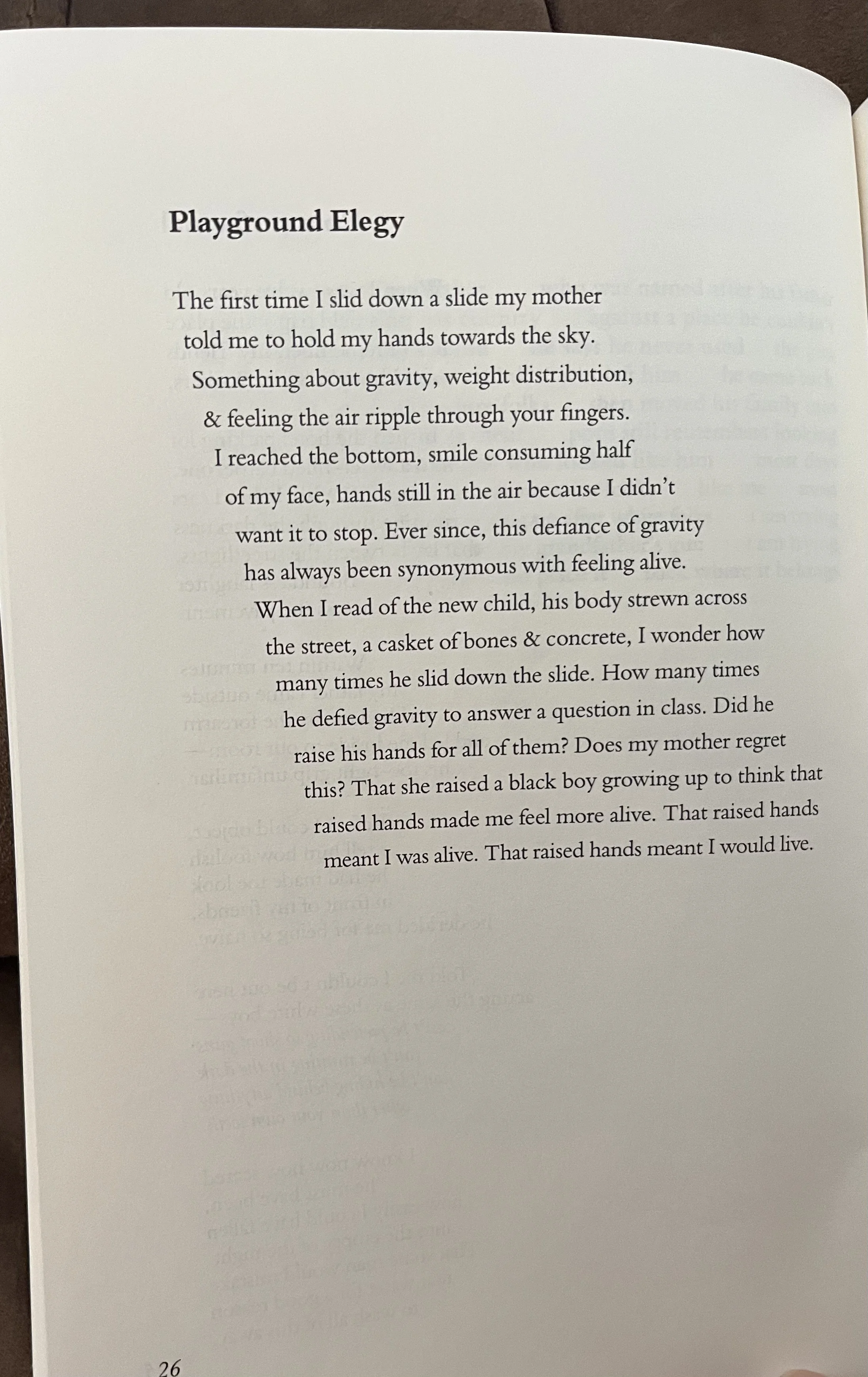Sorry, everyone, for the long delay. Once I missed a couple of weeks due to the holidays and a new job, I just couldn’t get myself writing again, the blog or poetry. I have been in a bad headspace in spite of such beautiful poems to discuss.
I had the fortune to run across Isaac Pickell’s powerful poem “Settle/ment” online and have loved everything I’ve read since. He kindly sent me “They took Dylan Roof to Burger King” and “Topical poetry when you are the topic” to share here.
I now have two more books to add to my ever-expanding to-read list (a wonderful problem to have): everything saved will be last (https://blacklawrencepress.com/books/everything-saved-will-be-last/) and It’s Not Over Once You Figure It Out (https://www.blackocean.org/catalog1/its-not-over). You will likely see one of them featured in September for the Sealey Challenge.
I admire poems that are honest and acknowledge the complexities of identity, of who is targeted and the collective response. This poem was posted after the Bondi Beach attack in Australia. After every reported mass shooting—most are no longer “newsworthy” here—I too pray that it will be a white man with well-known rightwing views so that an entire group of people will not be smeared and their safety further threatened. For the first prompt, write about reactions to targeted violence and which voices are heard.
The poem opens with the reference to the famous poem “First They Came.” For the next prompt, write who you will speak out for and who will speak out for you.
I found the poem’s deliberate shift of pronouns powerful. The third prompt is to write a poem or story using the following list of pronouns and other words: “everyone,” “target,” “universal,” “fear,” “threat,” “right,” “mine,” “my,” “they,” “mourning” and “you.”
For the next prompt, use the last lines “Don’t worry / they won’t come for you” as a ghostline, remembering to erase the line after writing your poem or story and crediting the poet for your inspiration with an after statement or in the title.
Often what is left unsaid in a poem echoes in the spaces and after the last line. For this first prompt, ask a question within the story or poem but leave the reader to answer it.
Because I admire the careful use of language in both poems, the next prompt is again a word list: “topical,” “sorrow,” “steeping,” “wait,” “innocence,” “ashes,” “whisper,” “deserve” and “true.”
The last prompt is another repeat: a ghostline. Begin a poem or story with “don’t / tell me how to” but fill in your own action. Remember to delete the line and credit the poet. This prompt I admit is my own reaction to years of obedience before rejection.
Bonus prompt: write whatever this photo from New Orleans’ Audubon Riverview Park inspires.
Good luck writing. I hope I have finally broken through my own block. I hope this year is a productive one (and better than it began).

